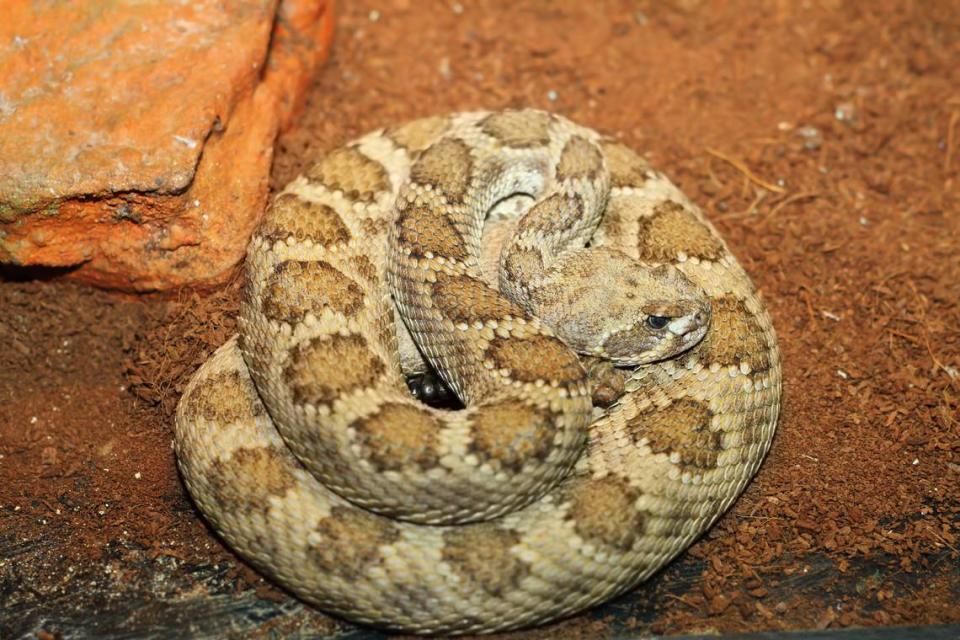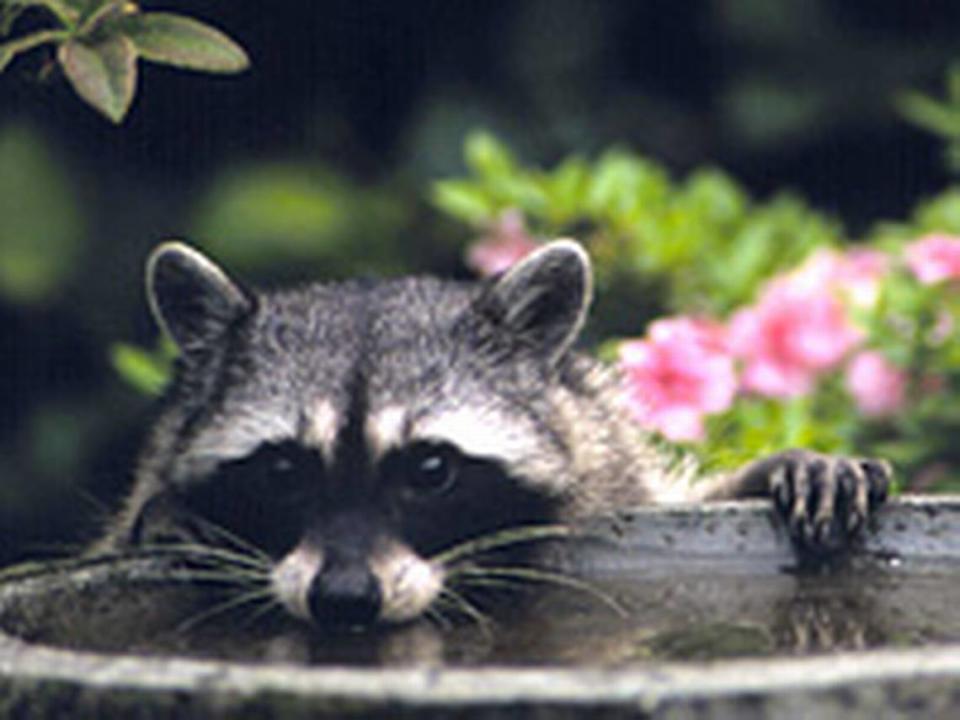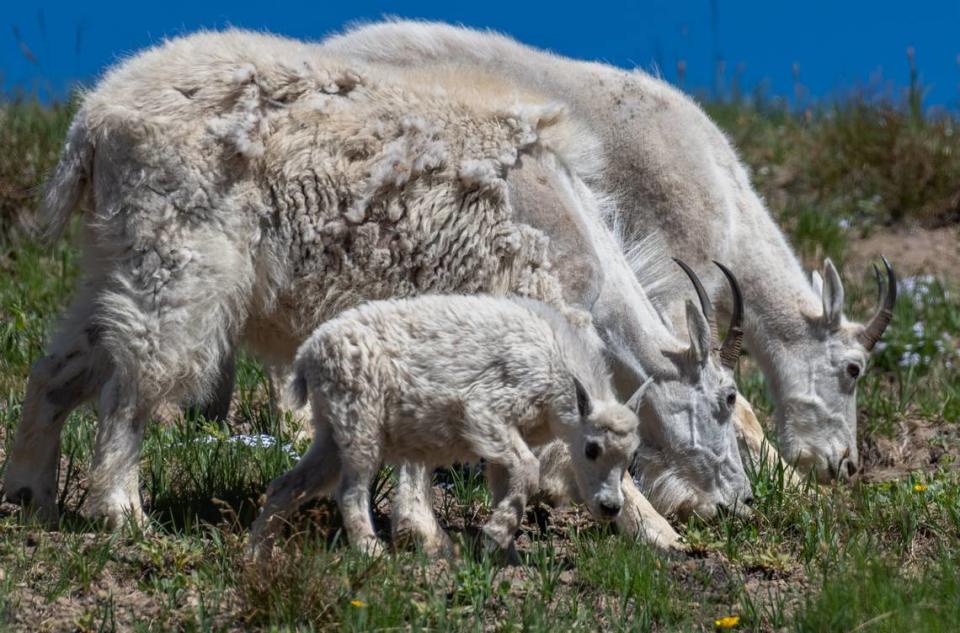Can I keep a pet squirrel or chipmunk? Which exotic animals are legal pets in Washington
You’ve heard the old adage that “a dog is a man’s best friend.” What if man has a different best friend? What happens if your best friend is a squirrel, a deer or a lizard? Can they take their best friend home then?
Exotic pet regulations are in place at the federal, state and county levels. So which animals can you legally own in Washington state?
Illegal exotic pets in Washington
Federal law protects all endangered species from sale and possession. You cannot own any endangered species. The IUCN red list has a searchable database of global species and their status.
Washington state has several laws in place regarding animal ownership. You cannot take home wild animals without a permit. It is illegal in the Evergreen State to own a “potentially dangerous animal.” The definition is specified in the state code by species classification.
Because of the potential danger posed, the following animals are not lawful to own:
▪ Potentially dangerous mammals
Felines: Lions, tigers, captive-bred cougars, jaguars, cheetahs, leopards, snow leopards, clouded leopards
Canines: Wolves, except hybrids
All bears
Hyenas
Rhinoceroses
All nonhuman primates
All elephants

▪ Potentially dangerous reptiles
All atractaspididae snakes
Boomslang snakes
All Elapid snakes, which includes cobras and mambas
All sea snakes
Water and crocodile monitors
All vipers
All crocodile species
The only exception to this regulation is animal owners who legally possessed one of the above animals before 2007, in which case the owner has a grandfathered right to own the animal for the rest of its life. The dangerous animal regulations were updated in 2007, meaning it would have been legal to own many of these animals before that.
Permits for some species may be issued for organizations, like an animal sanctuary, and qualified individuals.
It is also illegal to own animals that pose risk of rabies infection. This includes bats, skunks, foxes, raccoon and coyotes.

Additional state law covers “deleterious exotic wildlife,” which means wild animals that can cause damage to the local environment or native wildlife. The legal definition for deleterious exotic wildlife includes:
Birds in the Anatidae family (ducks, geese) and the mute swan
Mongoose
Wild boar and the similar javelina
Bovids: Chamois, Tahr, goats, ibexes except hircus, Barbary sheep, sheep except domestic sheep, sassabies, hartebeest, wildebeests
Cervids: All nonnative subspecies of red deer, all hybrids with North American elk, fallow deer, axis deer, rusa deer, sambar deer, sika deer, reindeer and roe deer

Washington Wonders: Can I own this pet?
The McClatchy Northwest Service Journalism Team has received reader inquiries about the following animals and whether ownership is legal:
Frilled lizard: Yes, with proper licensing
Ball python: Legal statewide, but check your county regulations
Chipmunk: Not from the wild
Blue electric gecko: No, they are a critically endangered species
Wild rabbits: No, wild animals cannot be taken home
If you have any questions about how things work in Washington state, send your queries through the form below. The Evergreen State is full of curiosities, quirks and mysteries — and we want to hear what you are wondering about.

